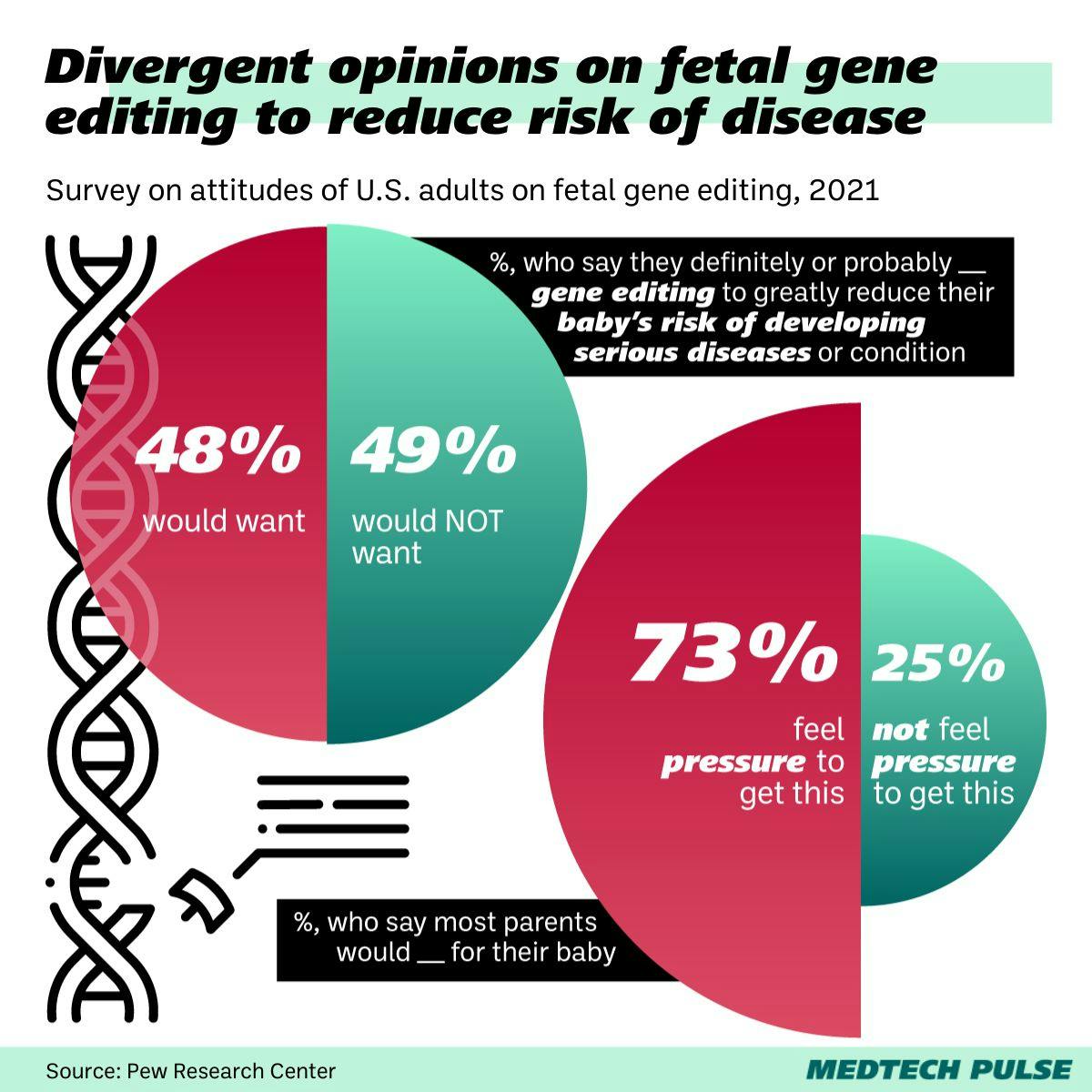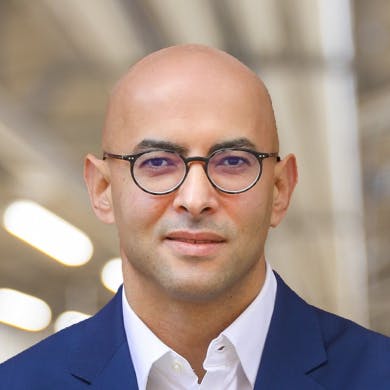CRISPR prenatal care?
I’ve said it before. Preventive health must be an utmost priority in medical innovation.
We deserve a healthy future for all. The path to that future hinges on how we can improve this realm of medicine.
In that vein, today, I want to touch on an ambitious, outside-the-box approach to preventive health: preventing—or even treating—disease before birth.
You might have seen the news. Researchers successfully treated live disease in fetal monkeys using CRISPR base editing.
In short: This feat was achieved with the help of an ultrasound-guided needle, which researchers used to inject CRISPR components into the umbilical vein. Then, they observed where editing took place. And what they found even went beyond the target organ!
Not only is this a fascinating development in the world of gene editing, but it’s also a big step toward the dream of curing disease in the womb.
Of course, the next step is not to take the same approach in human fetuses. Ethical and cultural opinions on gene editing as a prenatal treatment continue to be divided. Even for prospective parents who might be offered this treatment to reduce disease risk for their own fetus.

As you may remember, we’ve talked about the marvel of CRISPR gene therapies before. It’s a powerful and ever-evolving field of scientific and clinical inquiry. But for now, humans will continue benefiting from it exclusively after birth.
Naturally, while perhaps the most flashy, gene editing is not the only path forward to innovating on pre-birth preventive health.
We must not forget the power of the prenatal care gold standards we have today, including:
- Supplements like folic acid
- Regular ultrasound imaging
- Avoidance of certain foods and chemicals (i.e., alcohol, endocrine disruptors)
However, for many expectant parents, even achieving these standards can be a struggle.
Innovating toward greater access to prenatal health education and care overall is critical. For instance, the rise of telehealth in this space—such as Maven Clinic’s virtual doula program—has been encouraging. And more digital tools addressing these foundational health inequalities, similarly to the DTx tools we’re highlighting in our lead Insight this week, are bound to make a difference.
In summary, I don’t discourage us from getting excited about the big headline innovations that inspire our imaginations.
But we must remember that, when it comes to preventive health, sometimes the simplest solutions are just at the tips of our fingers. Future generations’ health depends on what we do about it.
